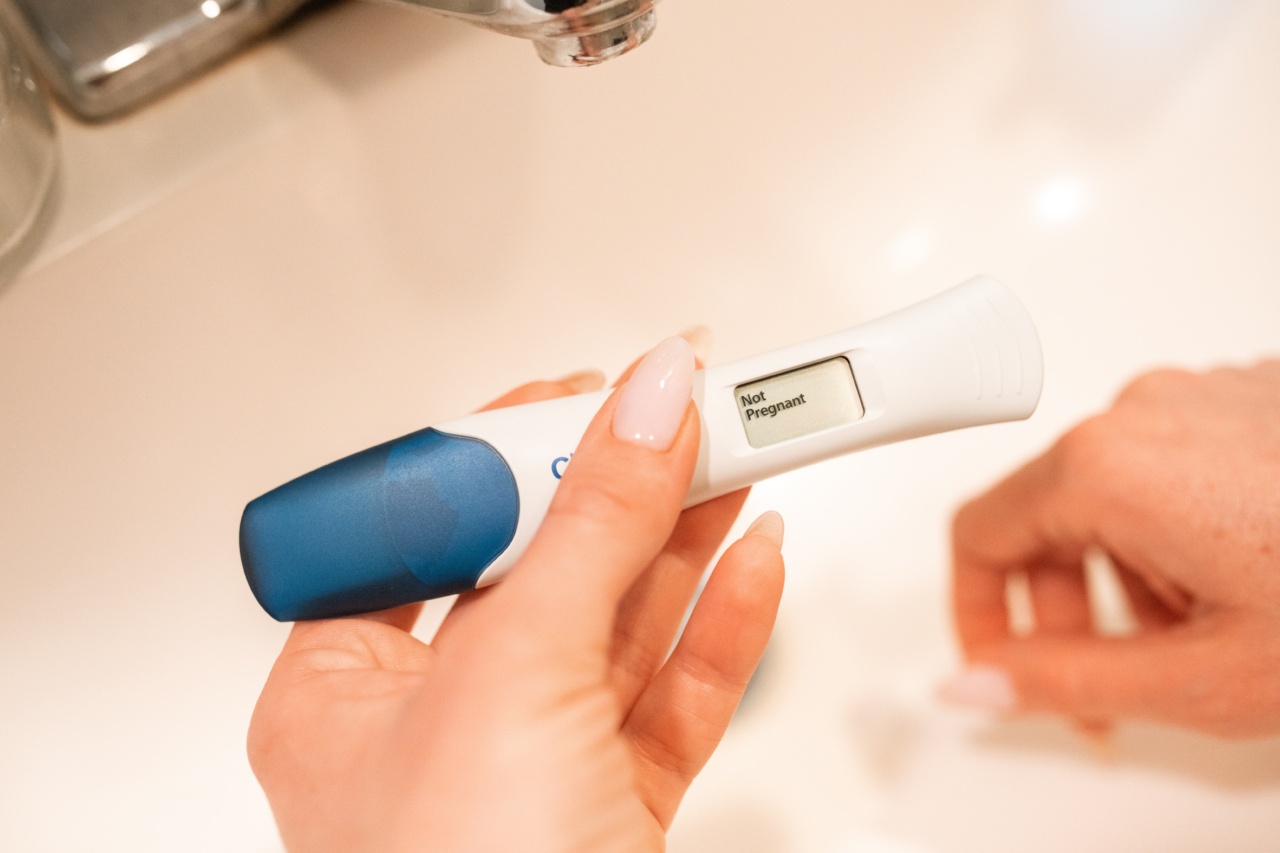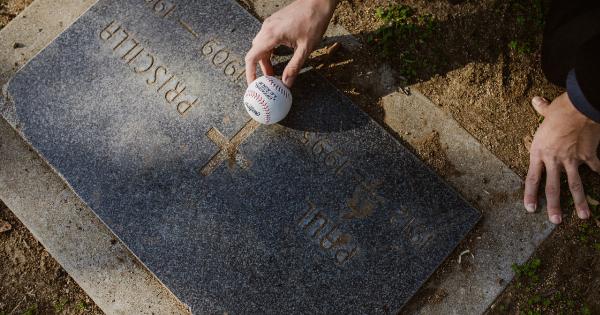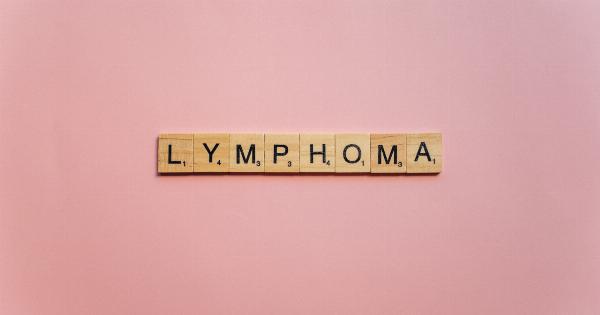Blood tests are a common medical procedure used to diagnose and monitor various health conditions in children. While blood tests can be intimidating for both parents and children, understanding the process and what to expect can help alleviate anxiety.
In this article, we will discuss everything parents should know about blood tests for children.
1. Why are blood tests necessary for children?
Blood tests provide valuable insights into a child’s overall health, helping doctors to diagnose and monitor various medical conditions.
These tests can detect infections, evaluate organ function, check for nutrient deficiencies, diagnose genetic disorders, and assess the effectiveness of certain medications.
2. How are blood tests performed on children?
The procedure for blood tests in children is relatively straightforward. A healthcare professional will clean the area where the blood will be drawn, usually the arm, with an antiseptic.
They will then use a small needle to collect a sample of blood from a vein. Depending on the child’s age and cooperation, healthcare professionals may use age-appropriate distractions or numbing creams to minimize discomfort.
3. Are blood tests painful for children?
While blood tests may cause mild discomfort, they are generally not painful for children. The initial needle prick sensation is often likened to a mosquito bite.
Distractions or relaxation techniques can help ease any anxiety and reduce discomfort during the procedure.
4. How should parents prepare their child for a blood test?
Preparing your child for a blood test involves both physical and emotional preparation. Explain the procedure to your child using simple and age-appropriate language, emphasizing the importance of the test for their health.
Encourage them to ask questions and express any concerns they may have. Providing reassurance and support can help alleviate their anxiety.
5. Discuss any potential risks or side effects of blood tests.
Blood tests are generally considered safe with minimal risks. After the procedure, some children may experience minor bruising or soreness at the site where the blood was drawn.
In rare cases, infections or allergic reactions to the antiseptic or needle may occur. However, these complications are incredibly rare.
6. What types of blood tests are commonly performed on children?
There are various types of blood tests that healthcare professionals may perform on children, depending on the suspected condition or the desired information. Some commonly performed blood tests in children include:.
- Complete Blood Count (CBC): This test measures different components of the blood, such as red and white blood cells and platelets.
- Blood Chemistry Panel: Evaluates various chemicals and substances in the blood, providing information about organ function.
- Blood Cultures: Used to determine the presence of bacteria or other microorganisms in the blood, particularly in cases of suspected infections.
- Genetic Testing: Helps diagnose genetic disorders or conditions that may have a hereditary component.
- Cholesterol Test: Measures cholesterol and triglyceride levels in the blood, helping assess the risk of heart disease.
7. How long does it take to get the results of a blood test?
The time it takes to receive the results of a blood test can vary depending on the specific test and the laboratory’s workload. Some routine tests may provide results within a few hours, while others may take several days or weeks.
Your child’s healthcare provider will inform you about the expected time frame for receiving the results.
8. How can parents help their child cope with anxiety before and during the blood test?
Parents play a crucial role in helping their child cope with anxiety associated with blood tests. Here are a few strategies that can help:.
- Offer reassurance: Let your child know that you will be there during the procedure and provide emotional support.
- Explain the process: Use simple language to describe what will happen during the blood test. Avoid using scary or negative words.
- Promote distractions: Engage your child in activities or discussions before and during the test to divert their attention from the procedure.
- Practice relaxation techniques: Teach your child deep breathing exercises or other relaxation techniques to help them stay calm.
9. What if my child has a fear of needles?
A fear of needles, known as trypanophobia, is relatively common among children and adults alike. If your child has a fear of needles, it is essential to communicate this to the healthcare provider before the blood test.
They may use distraction techniques or numbing creams to minimize anxiety and discomfort during the procedure. Alternatively, in extreme cases of needle phobia, sedation may be offered.
10. How to interpret the results of your child’s blood test?
Interpreting the results of a blood test is best done by a qualified healthcare professional. Your child’s doctor will explain the findings and discuss any abnormalities or concerns.
They will also provide guidance on any necessary further testing or treatment options based on the blood test results.



























